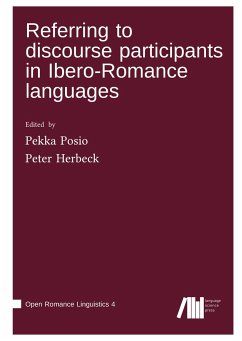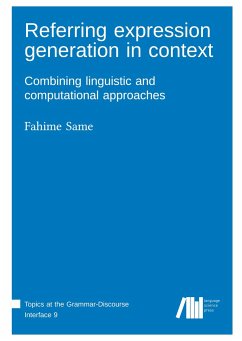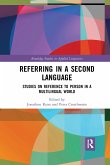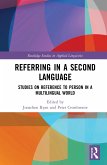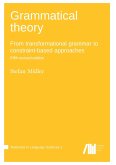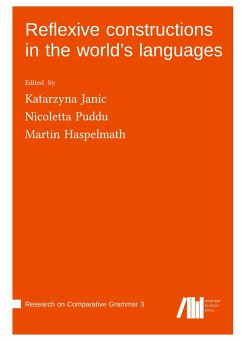This volume brings together contributions by researchers focusing on personal pronouns in Ibero-Romance languages, going beyond the well-established variable of expressed vs. non-expressed subjects. While factors such as agreement morphology, topic shift and contrast or emphasis have been argued to account for variable subject expression, several corpus studies on Ibero-Romance languages have shown that the expression of subject pronouns goes beyond these traditionally established factors and is also subject to considerable dialectal variation. One of the factors affecting choice and expression of personal pronouns or other referential devices is whether the construction is used personally or impersonally. The use and emergence of new impersonal constructions, eventually also new (im)personal pronouns, as well as the variation found in the expression of human impersonality in different Ibero-Romance language varieties is another interesting research area that has gained ground in the recent years. In addition to variable subject expression, similar methods and theoretical approaches have been applied to study the expression of objects. Finally, the reference to the addressee(s) using different address pronouns and other address forms is an important field of study that is closely connected to the variable expression of pronouns. The present book sheds light on all these aspects of reference to discourse participants. The volume contains contributions with a strong empirical background and various methods and both written and spoken corpus data from Ibero-Romance languages. The focus on discourse participants highlights the special properties of first and second person referents and the factors affecting them that are often different from the anaphoric third person. The chapters are organized into three thematic sections: (i) Variable expression of subjects and objects, (ii) Between personal and impersonal, and (iii) Reference to the addressee.
Hinweis: Dieser Artikel kann nur an eine deutsche Lieferadresse ausgeliefert werden.
Hinweis: Dieser Artikel kann nur an eine deutsche Lieferadresse ausgeliefert werden.

